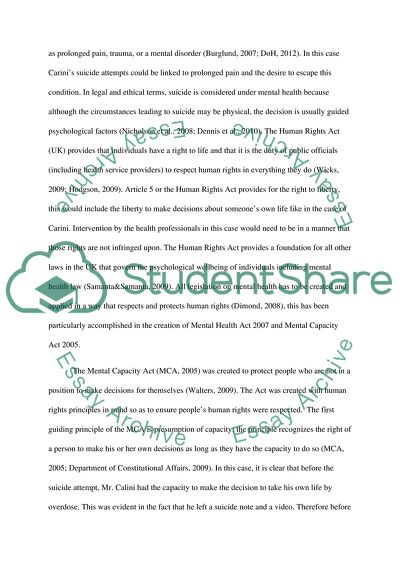Cite this document
(Legal and Ethical Issues in Healthcare Case Study, n.d.)
Legal and Ethical Issues in Healthcare Case Study. Retrieved from https://studentshare.org/law/1831814-legal-and-ethical-issues-in-health
Legal and Ethical Issues in Healthcare Case Study. Retrieved from https://studentshare.org/law/1831814-legal-and-ethical-issues-in-health
(Legal and Ethical Issues in Healthcare Case Study)
Legal and Ethical Issues in Healthcare Case Study. https://studentshare.org/law/1831814-legal-and-ethical-issues-in-health.
Legal and Ethical Issues in Healthcare Case Study. https://studentshare.org/law/1831814-legal-and-ethical-issues-in-health.
“Legal and Ethical Issues in Healthcare Case Study”, n.d. https://studentshare.org/law/1831814-legal-and-ethical-issues-in-health.


